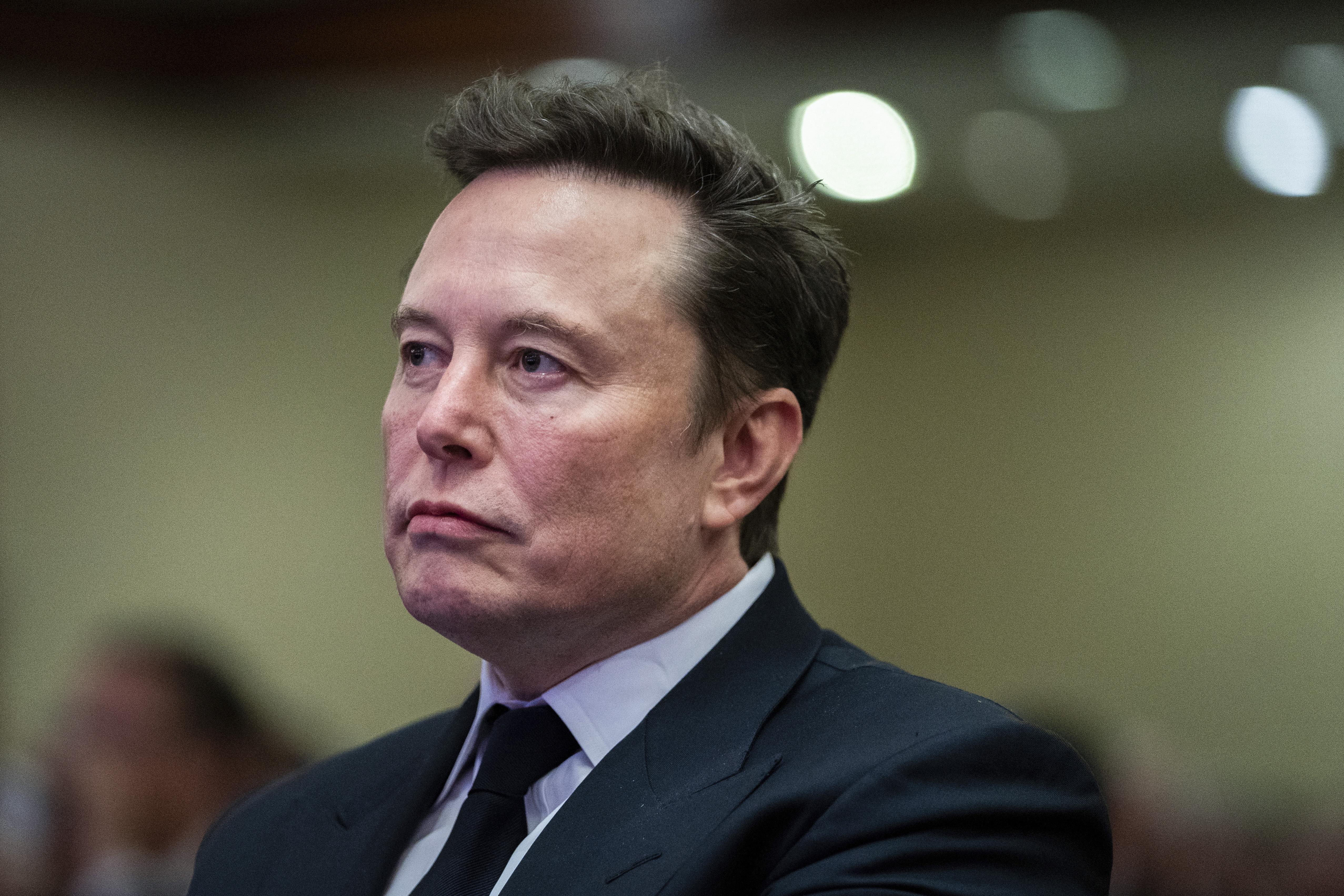WASHINGTON (AP) — Elon Musk and Vivek Ramaswamy are taking center stage in President-elect Donald Trump’s initiative to reshape the federal government. The two business leaders met with legislators on Capitol Hill to discuss the planned Department of Government Efficiency (DOGE), tasked with streamlining operations, cutting programs, and reducing regulations as part of Trump’s “Save America” agenda.
Table Content:
The initiative aims to address what Trump sees as excessive government spending and overregulation. However, similar efforts in the past have faced resistance due to public reliance on federal programs for essential services. This time, Trump has appointed Musk and Ramaswamy, both with strong private sector backgrounds, to lead the charge.
DOGE: A New Approach to Government Efficiency
Musk and Ramaswamy outlined their vision for DOGE in a Wall Street Journal op-ed, emphasizing their commitment to structural reductions in the federal government. They will collaborate with the White House Office of Management and Budget, led by Trump’s nominee Russ Vought, known for his experience with budget cuts.
The initiative has garnered support from lawmakers, with the formation of a DOGE caucus in the House, led by Reps. Aaron Bean (R-Fla.) and Pete Sessions (R-Texas), and a similar caucus in the Senate. The caucus aims to identify wasteful spending and track progress on cuts through a public-facing platform. Rep. Marjorie Taylor Greene (R-Ga.) will also play a key role in connecting Congress with DOGE.
Expertise and Controversy
While Musk and Ramaswamy lack extensive public service experience, they bring substantial business acumen and a shared commitment to Trump’s agenda. Musk, known for his leadership of Tesla and SpaceX (companies with significant government contracts), invested heavily in supporting Trump’s re-election campaign. He also owns X (formerly Twitter), a platform popular among Trump supporters.
DOGE’s structure as a presidential advisory panel exempts Musk and Ramaswamy from standard ethics and background checks required for federal employees. They will serve without pay. However, good-government groups advocate for DOGE to adhere to transparency and public input principles followed by similar advisory entities in past administrations.
The Fiscal Challenge
The federal budget consistently operates at a deficit, reaching a historic high of $1.8 trillion this year. Republicans attribute this to excessive spending, while Democrats point to tax cuts under Republican presidencies. The Congressional Budget Office reports increased spending in key areas like Social Security, Medicare, defense, and veterans’ healthcare, raising questions about the feasibility of significant cuts.
Rep. Ro Khanna (D-Calif.) expressed interest in Musk testifying before the House Armed Services Committee on potential defense budget cuts, but remains skeptical about reductions in other areas, particularly those affecting essential social programs.
 Elon Musk listens as President-elect Donald Trump speaks during a meeting
Elon Musk listens as President-elect Donald Trump speaks during a meeting
 Speaker of the House Mike Johnson arrives for a meeting with Elon Musk and Vivek Ramaswamy
Speaker of the House Mike Johnson arrives for a meeting with Elon Musk and Vivek Ramaswamy
 Vivek Ramaswamy speaks at a campaign rally
Vivek Ramaswamy speaks at a campaign rally
 The Capitol is seen in Washington
The Capitol is seen in Washington
Conclusion: A Path to Efficiency or a Political Battleground?
DOGE represents a significant effort to reshape the federal government. The initiative’s success hinges on the ability of Musk, Ramaswamy, and the Trump administration to navigate complex political landscapes and address concerns about potential impacts on crucial public services. The debate over government spending and efficiency is likely to continue as DOGE’s plans unfold.


